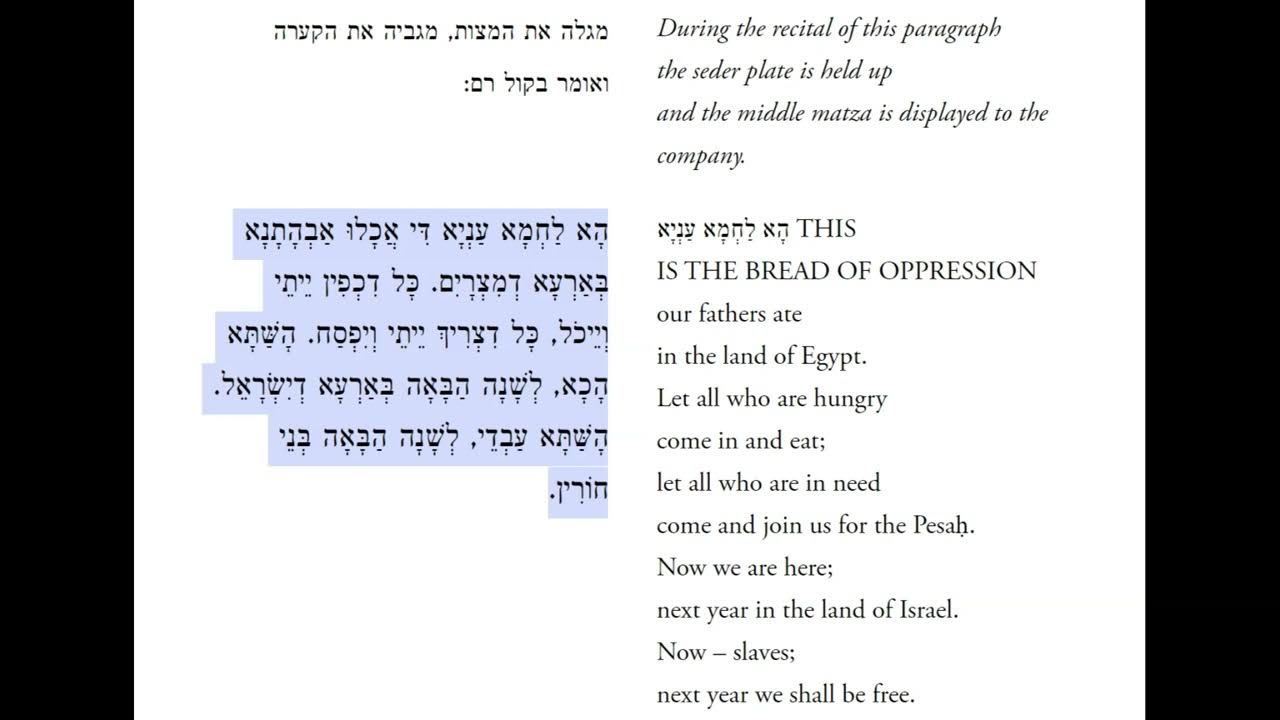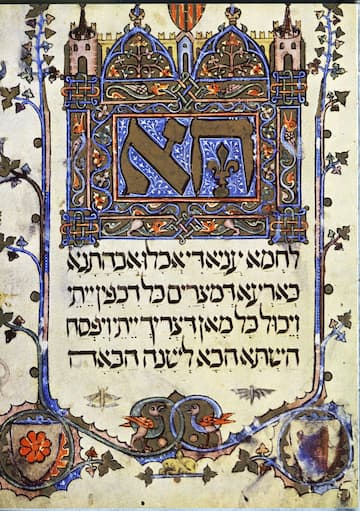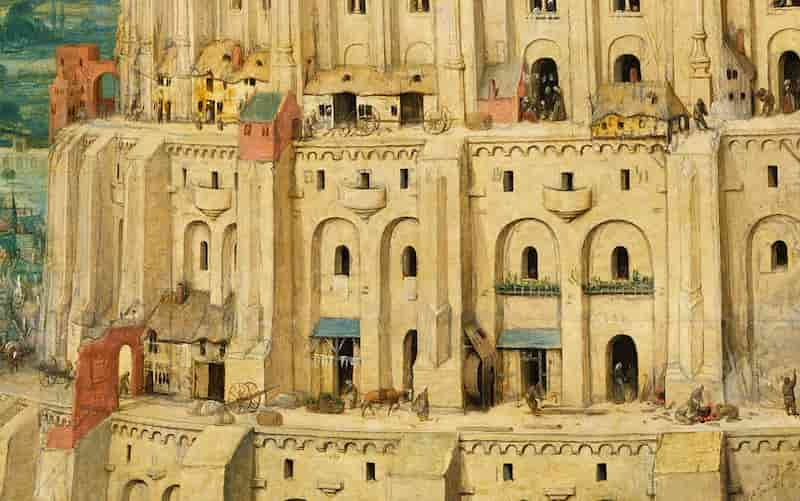Parashat Noach, the second weekly Torah portion, continues the narrative from the Book of Genesis. It primarily focuses on the story of Noah and the Great Flood, a significant event in Jewish tradition and one of the most well-known stories in the Bible.
The Story of Noah: Parashat Noach tells the tale of Noah, a righteous man in his generation, who found favor in the eyes of God. God, seeing the corruption and violence prevailing on Earth, decided to bring a flood to cleanse the world. He instructed Noah to build an ark, a massive boat, to save himself, his family, and representatives of every animal species from the impending deluge.
The Ark and the Flood: Noah diligently followed God’s instructions, gathering pairs of animals and his family onto the ark. The flood lasted forty days and forty nights, covering the entire earth. The ark floated on the waters, preserving life until the floodwaters receded. After the waters subsided, the ark came to rest on Mount Ararat, and Noah, along with the animals, disembarked and repopulated the earth.
The Covenant and the Rainbow: God made a covenant with Noah, promising never to destroy the earth again by flood. As a sign of this covenant, God set a rainbow in the sky, symbolizing hope, renewal, and the enduring connection between the divine and humanity.
The Tower of Babel: Parashat Noach also includes the story of the Tower of Babel. In an attempt to build a tower reaching the heavens, humanity’s hubris led to their languages being confounded by God. This event scattered humanity across the earth, creating diverse languages and cultures.
Key Themes: Parashat Noach explores themes of righteousness, obedience, divine judgment, and renewal. It highlights the importance of moral conduct and fidelity to God’s commands. Additionally, it emphasizes the concept of divine mercy, as seen in God’s covenant with Noah and the subsequent preservation of life.
Relevance Today: The story of Noah and the Great Flood continues to be a source of inspiration and contemplation. It prompts reflection on humanity’s relationship with the environment, the consequences of moral choices, and the need for stewardship of the earth. The rainbow, as a symbol of hope and unity, resonates with many cultures and movements advocating for peace and inclusivity.
In summary, Parashat Noach offers profound lessons about righteousness, divine mercy, and the importance of preserving life and the natural world. Its enduring themes continue to captivate readers and offer valuable insights into the complexities of the human experience.
נח
ו׳:ט׳-י״א:ל״ב
הַאֲזִ֥ינוּ הַשָּׁמַ֖יִם וַאֲדַבֵּ֑רָה וְתִשְׁמַ֥ע הָאָ֖רֶץ אִמְרֵי־פִֽי׃
Noach
Genesis 6:9-11:32
All the fountains of the great deep burst apart,
And the floodgates of the sky broke open.
Seedtime and harvest,
Cold and heat,
Summer and winter,
Day and night
Shall not cease.”
By human [hands] shall that one’s blood be shed;
For in the image of God
Was humankind made.
“Cursed be Canaan;
The lowest of slaves
Shall he be to his brothers.”
“Blessed be יהוה,
The God of Shem;
Let Canaan be a slave to them.
And let him dwell in the tents of Shem;
And let Canaan be a slave to them.”
ישעיהו
נ״ד:א׳-נ״ה:ה
Isaiah
Shout aloud for joy,
You who did not travail!
For the children of the wife forlorn
Shall outnumber those of the espoused
—said GOD.
Extend the size of your dwelling,
Do not stint!
Lengthen the ropes, and drive the pegs firm.
Your offspring shall dispossess nations
And shall people the desolate towns.
Do not cringe, you shall not be disgraced.
For you shall forget
The reproach of your youth,
And remember no more
The shame of your widowhood.
Will espouse you.
The Holy One of Israel—who is called “God of all the Earth”—
Will redeem you.
As a wife forlorn and forsaken.
Can one cast off the wife of his youth?
—said your God.
But with vast love I will bring you back.
I hid My face from you;
But with kindness everlasting
I will take you back in love
—said GOD your Redeemer.
As I swore that the waters of Noah
Nevermore would flood the earth,
So I swear that I will not
Be angry with you or rebuke you.
And the hills be shaken,
But my loyalty shall never move from you,
Nor My covenant of friendship be shaken
—said GOD, who takes you back in love.
I will lay carbuncles as your building stones
And make your foundations of sapphires.
Your gates of precious stones,
The whole encircling wall of gems.
And great shall be the happiness of your children;
You shall be safe from oppression,
And shall have no fear;
From ruin, and it shall not come near you.
Without My consent:
Whoever would harm you
Shall fall because of you.
To fan the charcoal fire
And produce tools for each purpose;
So it is I who create
The instruments of havoc.
Shall succeed,
And every tongue that contends with you at law
You shall defeat.
Such is the lot of GOD’s servants,
Such their triumph through Me
—declares GOD.
Come for water,
Even if you have no money;
Come, buy food and eat:
Buy food without money,
Wine and milk without cost.
Your earnings for what does not satisfy?
Give heed to Me,
And you shall eat choice food
And enjoy the richest viands.
Hearken, and you shall be revived.
And I will make with you an everlasting covenant,
The enduring loyalty promised to David.
A prince and commander of peoples,
And a nation that did not know you
Shall come running to you —
For the sake of the ETERNAL your God,
The Holy One of Israel who has glorified you.
Ha'azinu
more on Parashat Noach
Quick Guide: The Five Books of Moses
| Genesis | Exodus | Leviticus | Numbers | Deuteronomy |
|---|---|---|---|---|
| Bereshit (1:1-6:8) |
Shemot (1:1-6:1) |
Vayikra (1:1-5:26) |
Bemidbar (1:1-4:20) |
Devarim (1:1-3:22) |
| Noach (6:9-11:32) |
Va'era (6:2-9:35) |
Tzav (6:1-8:36) |
Naso (4:21-7:89) |
Va'etchanan (3:23-7:11) |
| Lech Lecha (12:1-17:27) |
Bo (10:1-13:16) |
Shemini (9:1-11:47) |
Behaalotecha (8:1-12:16) |
Ekev (7:12-11:25) |
| Vayera (18:1-22:24) |
Beshalach (13:17-17:16) |
Tazria (12:1-13:59) |
Shelach (13:1-15:41) |
Re'eh (11:26-16:17) |
| Chaye Sarah (23:1-25:18) |
Yitro (18:1-20:23) |
Metzora (14:1-15:33) |
Korach (16:1-18:32) |
Shoftim (16:18-21:9) |
| Toledot (25:19-28:9) |
Mishpatim (21:1-24:18) |
Achare Mot (16:1-18:30) |
Chukat (19:1-22:1) |
Ki Tetze (21:10-25:19) |
| Vayetze (28:10-32:3) |
Teruma (25:1-27:19) |
Kedoshim (19:1-20:27) |
Balak (22:2-25:9) |
Ki Tavo (26:1-29:8) |
| Vayishlach (32:4-36:43) |
Tetzave (27:20-30:10) |
Emor (21:1-24:23) |
Pinchas (25:10-30:1) |
Nitzavim (29:9-30:20) |
| Vayeshev (37:1-40:23) |
Ki Tisa (30:11-34:35) |
Behar (25:1-26:2) |
Matot (30:2-32:42) |
Vayelech (31:1-30) |
| Miketz (41:1-44:17) | Vayakhel (35:1-38:20) |
Bechukotai (26:3-27:34) |
Masei (33:1-36:13) |
Haazinu (32:1-52) |
| Vayigash (44:18-47:27) |
Pekude (38:21-40:38) |
V'Zot HaBeracha (33:1-34:12) |
||
| Vayechi (47:28-50:26) |










Parashat Aharei Mot Weekday reading Moroccan te’amim